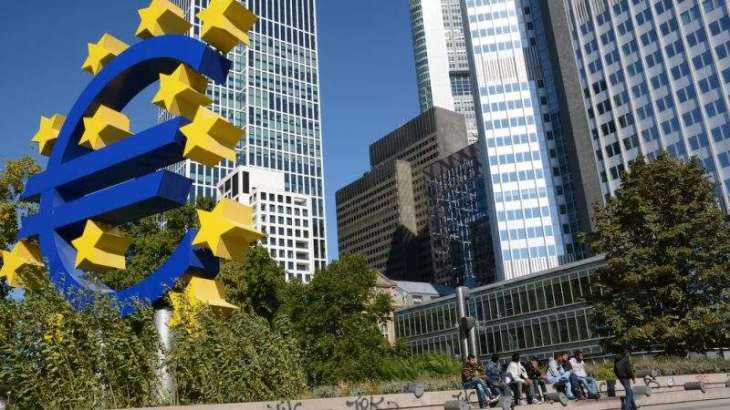About 24 million people, or 5.6 percent, living in the EU member states suffered from severe material deprivation in 2019, meaning they could not afford the basics of life, including paying bills, keeping homes warm and covering unexpected expenses, Eurostat, the EU's statistical office, said on Wednesday in a press release
MOSCOW (Pakistan Point News / Sputnik - 29th April, 2020) About 24 million people, or 5.6 percent, living in the EU member states suffered from severe material deprivation in 2019, meaning they could not afford the basics of life, including paying bills, keeping homes warm and covering unexpected expenses, Eurostat, the EU's statistical office, said on Wednesday in a press release.
"In 2019, 5.6% of the population or around 24 million people in the European Union (EU) were severely materially deprived. This means that they cannot afford at least four of the following items, which are considered by most people to be desirable or necessary to lead an adequate life: pay their bills on time; keep their home adequately warm; face unexpected expenses; eat meat (or fish or the vegetarian equivalent) regularly; take a one week holiday away from home; a TV; a washing machine; a car; a telephone," the press release said.
According to Eurostat, the 2019 figure confirms the ongoing downward trend in the proportion of people having serious financial issues since the peak of 10.2 percent in 2012. However, with the spread of the coronavirus and restrictions introduced in a bid to curb the virus, the downward trend can change in 2020.
Among EU countries, the highest rate of severe material deprivation is recorded in Bulgaria (19.9 percent), Greece (15.9 percent) and Romania (12.6 percent). At the same time, the figure fell in all three countries compared to the previous year.
Meanwhile, the least affected EU countries, where the rates were below 2.5 percent, were Luxembourg, Sweden, the Netherlands and Finland. They are followed by Denmark and Slovenia (both 2.6 percent), the Czech Republic and Germany (both 2.7 percent), as well as Austria (2.8 percent), the press release added.




